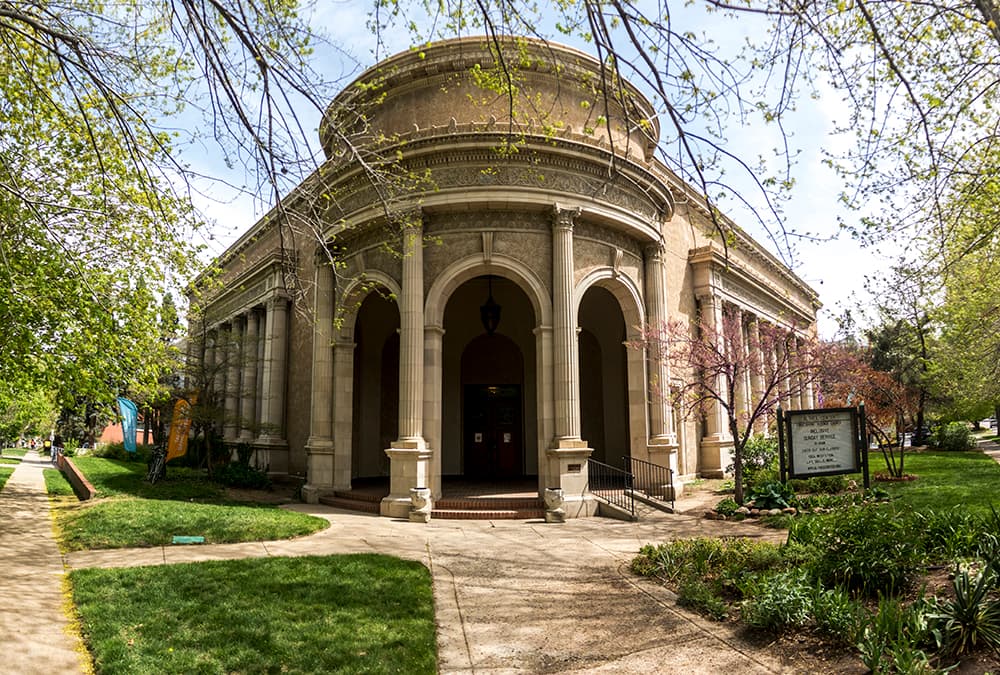
Maybe we're not religious, but spiritual.
This is our Number of the Week: 33 percent.
That's the portion of Colorado and Denver residents who reported no religious affiliation in a new study from the Public Religion Research Institute.
This makes Colorado one of 20 states in which no single religious group made up a larger share of the population than the unaffiliated and makes Denver the fourth least religious large city in the United States, after that notorious trio of Seattle, Portland and San Francisco. Nationally, 24 percent are unaffiliated. (Atheists and agnostics account for 27 percent of the unaffiliated nationally, and a majority identify as "secular.")
"America's Changing Religious Identity" finds that Denver and Colorado are part of a broader national trend away from religious affiliation, accompanied by a decline in people who identify as white and Christian. This change has taken place in a relatively short amount of time.
As recently as 1996, white Christians still made up nearly two-thirds (65 percent) of the public. By 2006, that number dropped to 54 percent, but white Christians still constituted a majority. But over the last decade, the proportion of white Christians in the U.S. has slipped below majority. Today, only 43 percent of Americans identify as white and Christian — and only 30 percent as white and Protestant.
In Colorado, 39 percent of respondents identified as white and Christian, compared to 50 percent in 2007. At the same time, Colorado scored among the top 10 states on the religious diversity index. The least religiously diverse states were in the South.
While both of these numbers position Colorado on the front edge of changes in American religious identity, these findings could be seen as a continuation of our region's role in the American religious landscape. The West is a place where people come to make themselves anew, where they aren't bound by the old norms. This could be why Denver has historically played host to a range of new religious movements. We've written about some of them before: the Althea Center for Engaged Spirituality, the neon-lit KPOF (POF for Pillar of Fire) building and the "self-styled king of heaven and earth."
You can read the full study and dig into all the details here.












